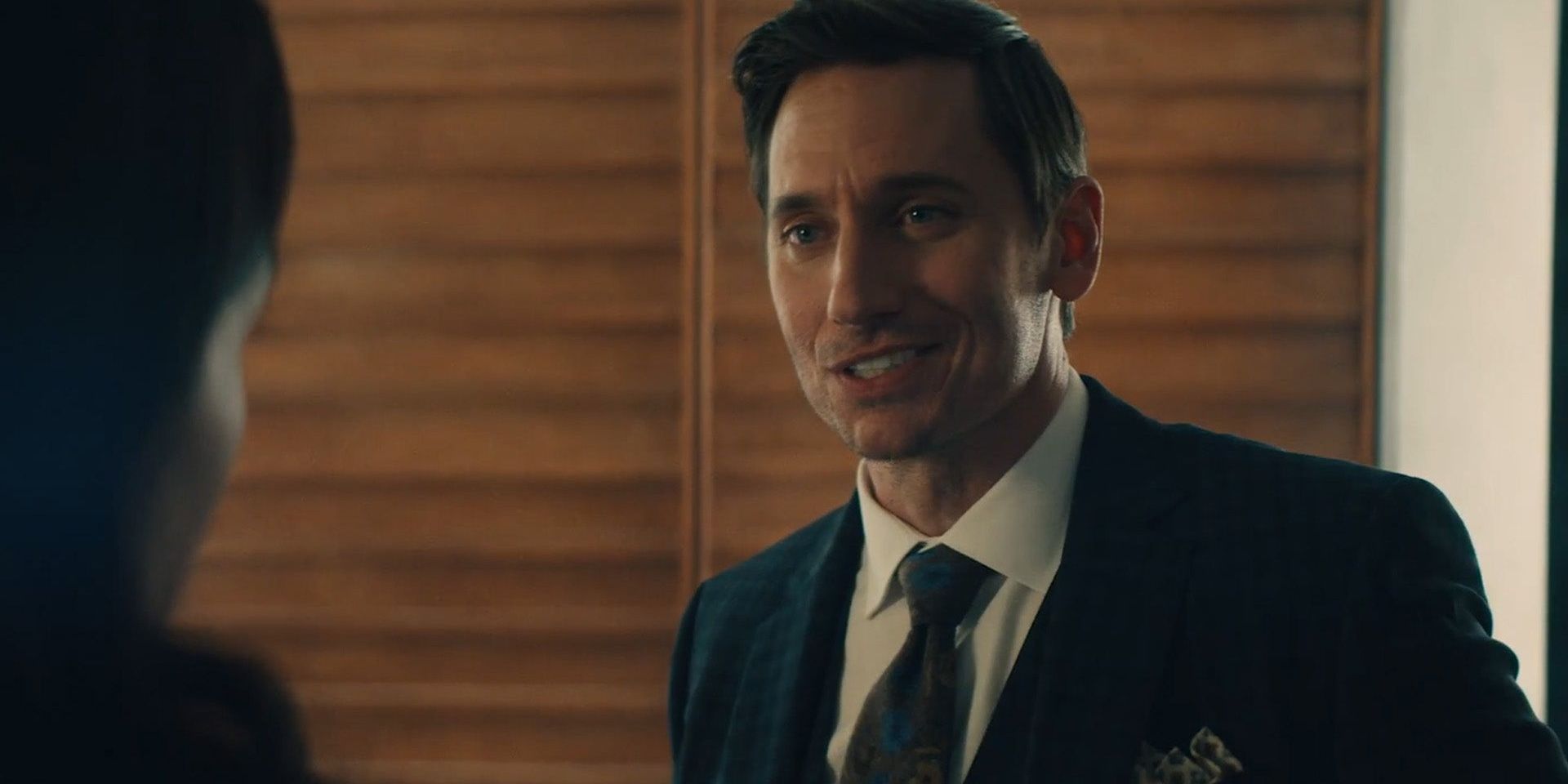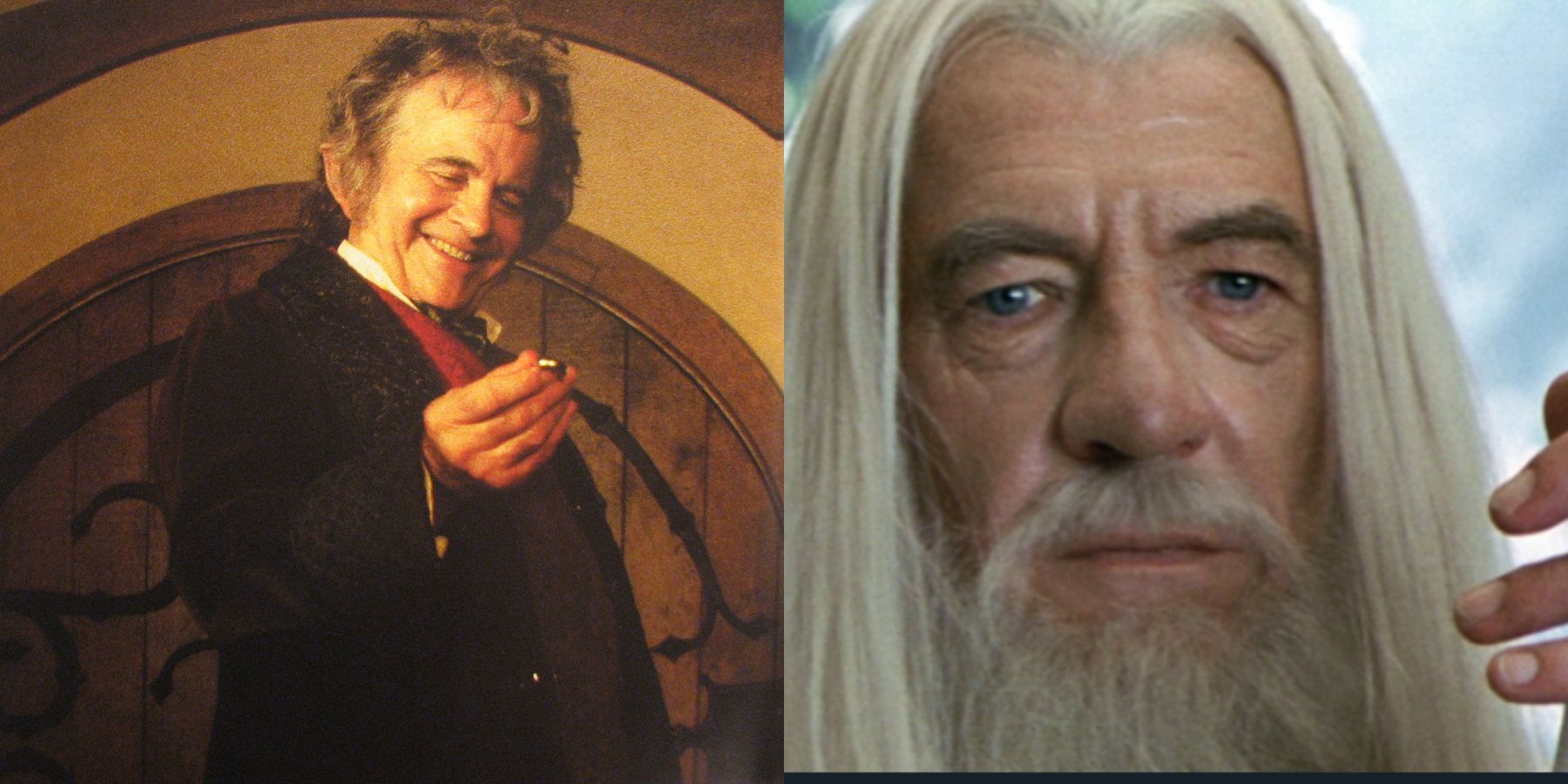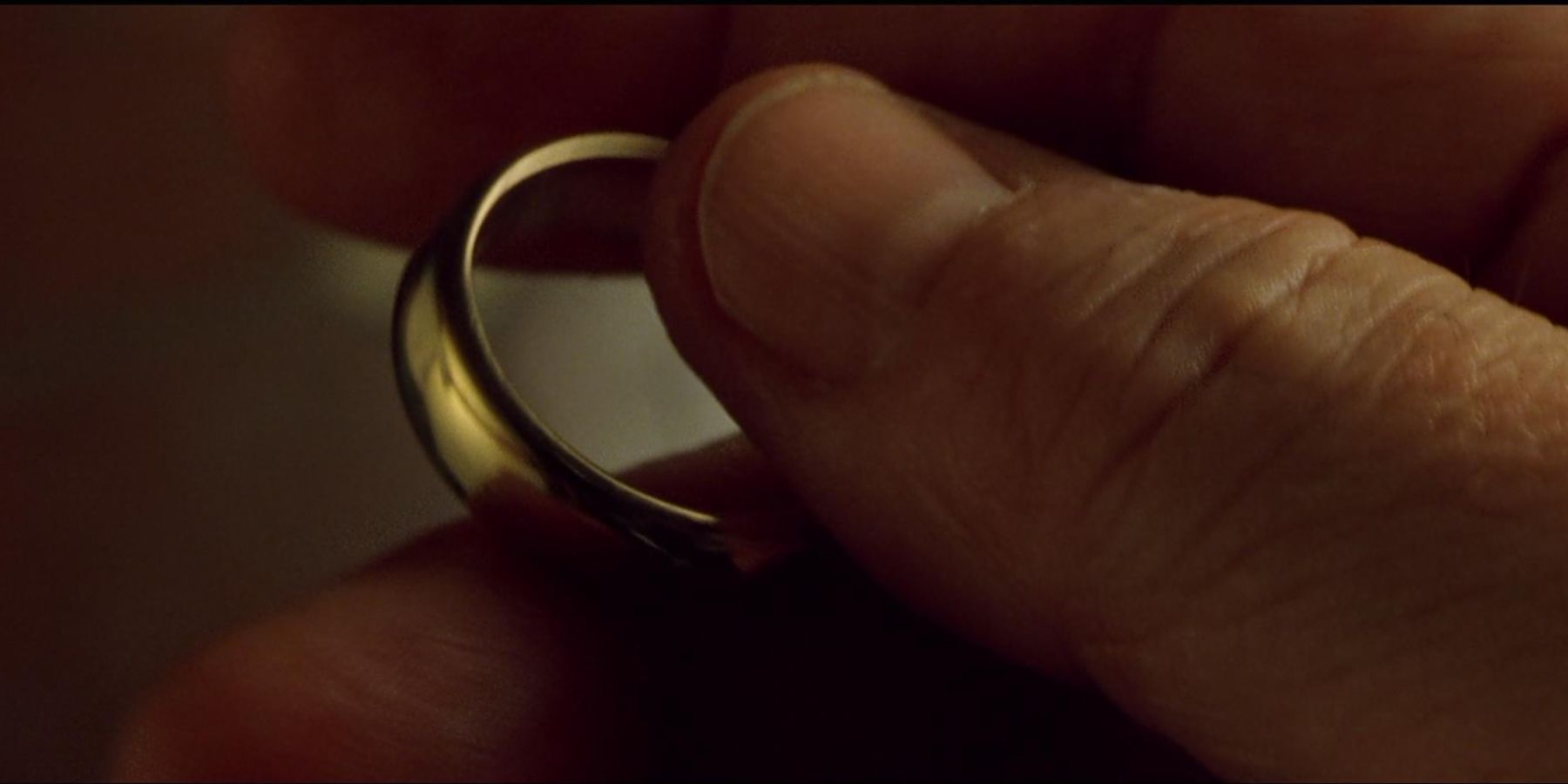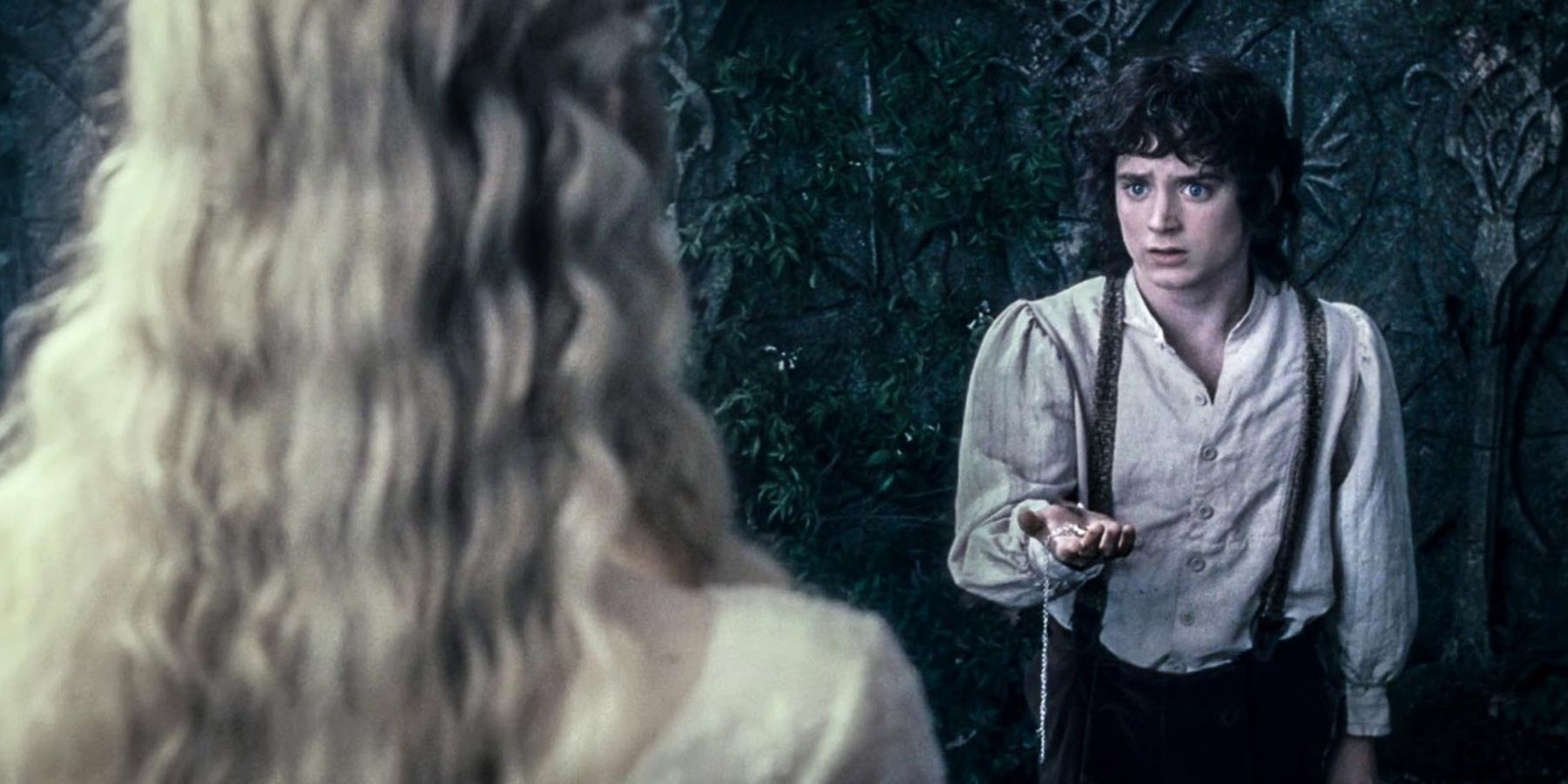One of the best qualities about the Lord of the Rings is its ability to cleverly weave several strands of plot together, often in ways that predict future moments of great significance in the events to come. This can be seen in many physical objects in Middle Earth, such as in Galadriel’s mirror that shows visions of past and future, and in the palantir, the seven seeing stones that seem to exist outside of time and space, and allow their wielders to communicate across vast distances.
Time exists and moves differently in Tolkien’s world, and there are constant reminders of the past and the future all over the lands, from the bodies in the water from the great battle fought on the Dead Marshes long ago, to the foresight of the elves that can obtain snippets of the future.
The characters themselves also predict their own futures in some ways, and indeed the fate of all the world, in their words and in their actions. One of the most significant of these happens early in the Fellowship of the Ring, in the sequence after Bilbo returns home from his 111th birthday party and is encouraged to give up the one ring by Gandalf, and leave it to Frodo along with the rest of the Bag End.
Bilbo of course gets very defensive, accusing Gandalf of being a thief and wanting to take the ring for himself, but the grey wizard has no desire towards the ring because it would turn him into an even worse dark lord than Sauron. Gandalf summons a darkness into the room that snaps Bilbo out of his possessive anger and they reconcile as Gandalf convinces the old hobbit to finally let the dark object go.
The moment in which Bilbo drops the ring, and it falls onto the stone floor in the hallway of Bag End, underpins the entire story for the next 3 films. Bilbo’s struggle to give up the ring, and his reaction when he does, foretells the entire fate of the world, encompassing both the past of Isildurs journey in failing to destroy the evil object when he had the chance, and in Frodo’s inability to let go of the ring on the very edge of Mount Doom several years later.
When the old hobbit leaves his home and the ring behind within it, the thudding noise of the gold band as it falls from his hand is symbolic of the weight that has been lifted from him as he is able to let go of this terrible burden he has carried for many many years. His face is a look of pain and regret as he steps out of the door having dropped it, but it very quickly turns to one of peace and contentedness, as if he is finally able to breathe the fresh air. And he is instantly awarded a moment of clarity away from the fog that has clouded him for decades, which presents the solution to the ending of the book that he is writing.
Bilbo tells Gandalf “he lived happily to the end of his days” which of course he does, seeing mountains again after he leaves The Shire, writing his book in Rivendell, and then finally setting sail to Valinor with the elves and the other ring bearers. But beyond that, it is a prediction of the fate of the world, and the outcome of the story.
If the ring-bearer, and all those responsible for destroying the cursed band, can fulfill their task and let it go as Bilbo does, they and all of the free peoples of Middle Earth will be rewarded with the same instant peace, the same freedom from darkness and clouded judgment that they have suffered under Sauron’s duress. But if they fail to complete the task, they will be plagued by this pain that leaves them always aching, for the rest of their days. This is as Galadriel tells them, when she instructs that “the quest stands on the edge of a knife. Stray but a little and it will fail, to the ruin of all.” When she is offered the ring, she is able to deny it, to let go of the power and the temptation that it brings her, she passes the test and is able to remain herself and finally take the chance to go back to Valinor in peace.
On the other hand, the regret on Bilbo’s face the second after dropping the ring, is the regret and the agony that Frodo carries in his heart ever after, because he was unable to complete the task in the final moment, and it was up to Gollum to destroy it by falling into the flames. He is unable to let go of it, and so it haunts him ever after, which is why he decides to go to the Undying Lands only four years after returning to The Shire, in the hopes that he may be able to find some healing away from all the trauma in his past.






